How to Care for your Kidney
On both sides of your spine, your kidneys are fist-sized organs placed at the bottom of your rib cage. They serve a variety of purposes. Most importantly, they purify your blood by filtering extra water, waste materials, and other contaminants. These waste materials are stored in your urinary bladder and then released out of the body via urine. Your kidneys also control the pH, salt, and potassium levels in your body. They also generate hormones that govern the development of red blood cells and regulate blood pressure. It is crucial to maintain kidney health for one’s overall well being. Your body will filter and discharge waste effectively and create hormones to assist your body to operate properly if your kidneys are healthy.
Here are some suggestions to maintain your kidneys in good shape.
-
Keep active and fit:
Regular exercise is beneficial to your health in a variety of ways. It may help to lower the risk of chronic kidney disease. It can help lower blood pressure and enhance heart health, which is both important in preventing kidney damage. You don’t have to work out intensively to enjoy the perks of exercising. Walking, running, cycling, and even dancing are all good exercises for your health. Find an enjoyable pastime to keep you engaged. Staying on track and achieving excellent outcomes will be a lot easier.
-
Control your blood sugar:
People with diabetes or another illness that causes high blood sugar can develop kidney damage. When your body's cells can't use the glucose (sugar) in your blood, your kidneys have to work extra hard to filter it. After years of exercise, this can lead to life-threatening injury. Blood sugar control, on the other hand, minimises the risk of harm. If the damage is found early enough, your doctor may be able to take steps to limit or prevent further damage.
-
Monitor blood pressure:
High blood pressure might lead to kidney damage. When high blood pressure is paired with other health issues like diabetes, heart disease, or high cholesterol, the results can be catastrophic to your body. A reading of 120/80 is considered normal blood pressure. You have prehypertension if your blood pressure is between that and 139/89. At this point, lifestyle and nutritional changes may be beneficial in lowering your blood pressure. If your blood pressure is consistently higher than 140/90, it could be a sign of high blood pressure. You should talk to your doctor about keeping a close eye on your blood pressure, making lifestyle changes, and possibly taking medication.
-
Watch your weight and eat healthily:
Obese or overweight adults are at risk for a variety of health concerns, including kidney damage. Among these are diabetes, heart disease, and kidney problems.
Eating a well-balanced diet low in sodium, processed meats, and other kidney-damaging foods can help decrease kidney damage. Cauliflower, blueberries, salmon, whole grains, and other fresh, naturally low-sodium foods should be prioritised.
-
Drink plenty of fluids:
The adage of drinking eight glasses of water a day isn't miraculous, but it is an excellent goal to strive for because it keeps you hydrated. Drinking enough water regularly is good for your kidneys. Water assists in the kidneys' elimination of salt and toxins. The potential risk of catching a kidney disease goes down because of it. Make it a point to consume 1.5 to 2 liters of water every day. Your health and way of living play a big role in how much water you need. Factors such as weather, exercise, gender, overall health, and whether you're pregnant or breastfeeding must be taken into account when planning your daily water intake. People who have had kidney stones in the past should drink extra water to assist avoid stone formation in the future.
-
Don’t smoke:
When you smoke, your body's blood vessels are harmed. Blood flow throughout your body and to your kidneys is hindered as a result. Smoking puts your kidneys at risk. If you quit smoking, your risk will go down. Returning to someone who has never smoked's risk level, on the other hand, will take many years.
-
Be cautious of the amount of over the counter medicines you consume:
If you use over-the-counter (OTC) pain medicines regularly, you could be harming your kidneys. Non-steroidal anti-inflammatory drugs (NSAIDs), such as ibuprofen or naproxen, might affect your kidneys if you take them regularly for chronic pain, headaches, or arthritis.
People who take the medicine regularly and do not have kidney problems are likely to be safe. However, if you take these medications regularly, your kidneys' health may be jeopardised. If you're having trouble, talk to your doctor about drugs that are safe for your kidneys.
-
Make sure to have your kidney function tested if you identify as someone who is at high risk:
If you have a high risk of kidney injury or illness, you should have your renal function tested regularly. The following people may benefit from regular screening: Those over 60 and those born with low birth weight, people who have or have had a family member with cardiovascular disease, people who have high blood pressure or have a family history of it, and obese people who are concerned about kidney damage. A regular kidney function test is a good way to monitor the health of your kidneys and detect any changes. Getting ahead of any potential injury can help to slow or prevent further damage.
Dr. Sucheta Yadav, the head of the nephrology department, is a renowned expert in the field who has obtained this knowledge over many years of practice. She is the best kidney problems doctor in Rewari. SS Kidney Hospital is without a doubt the top hospital since its team of professionals strives to provide the best care at the most affordable pricing so that a necessity like healthcare can be afforded by everybody. Kidney problems like kidney stones can't be treated any better than they are at SS Kidney Hospital. We practice by combining compassion, competence, and dedication to achieve the greatest results, which is why all of our patients, whom we refer to as a family, strongly recommend us.
FOR ANY QUERIES/ TO FIX AN APPOINTMENT — Contact us
Share Now

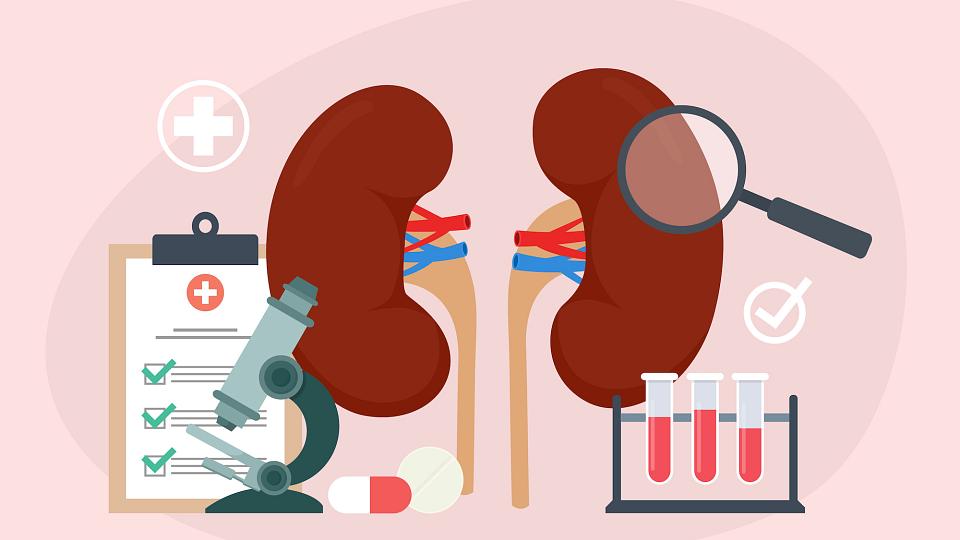


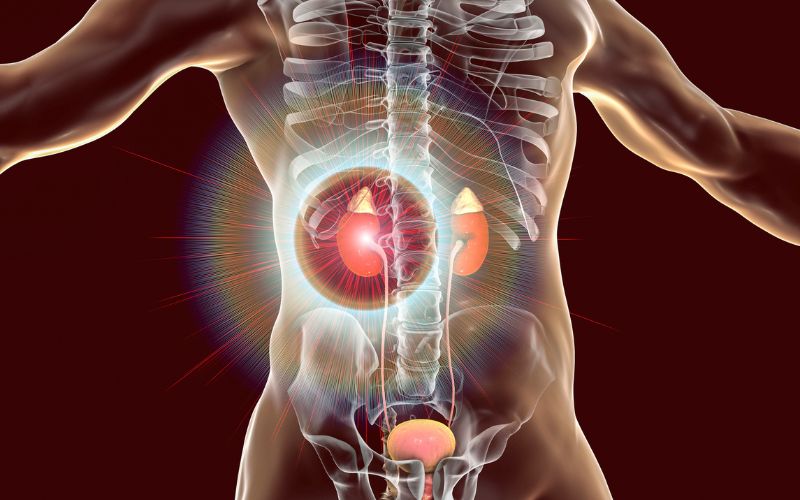
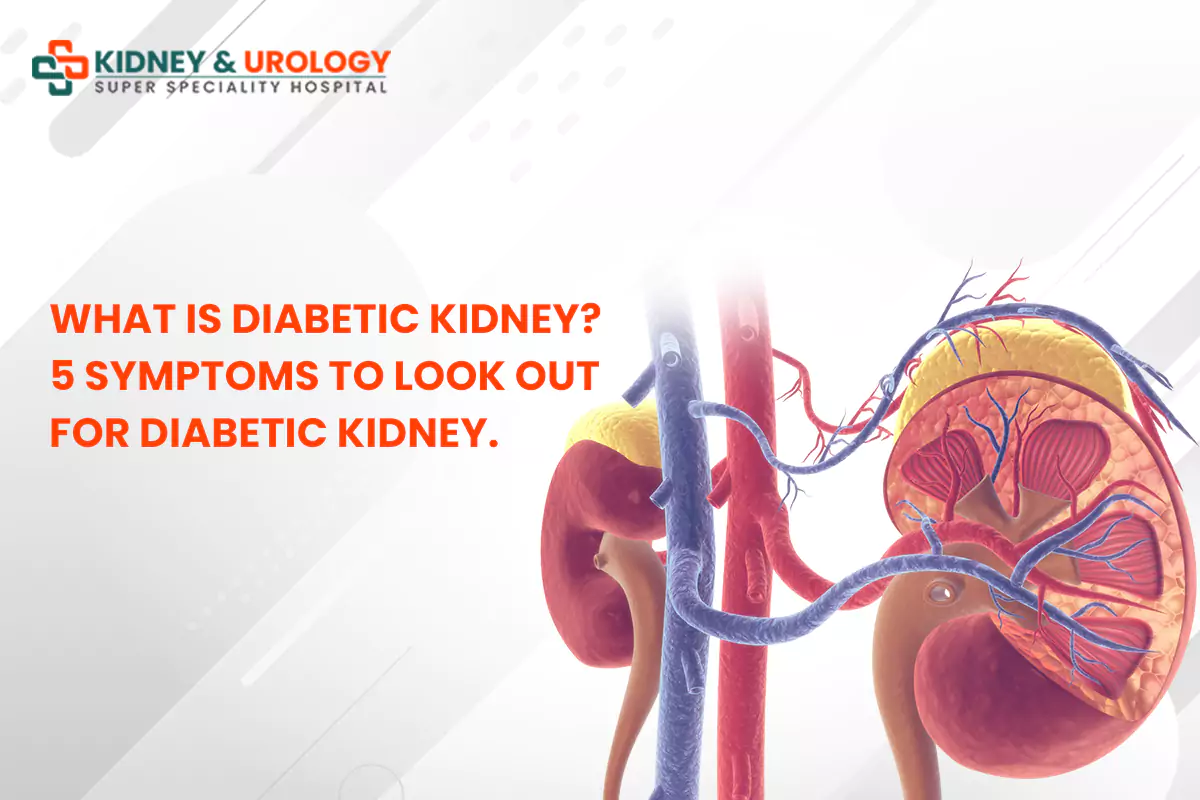
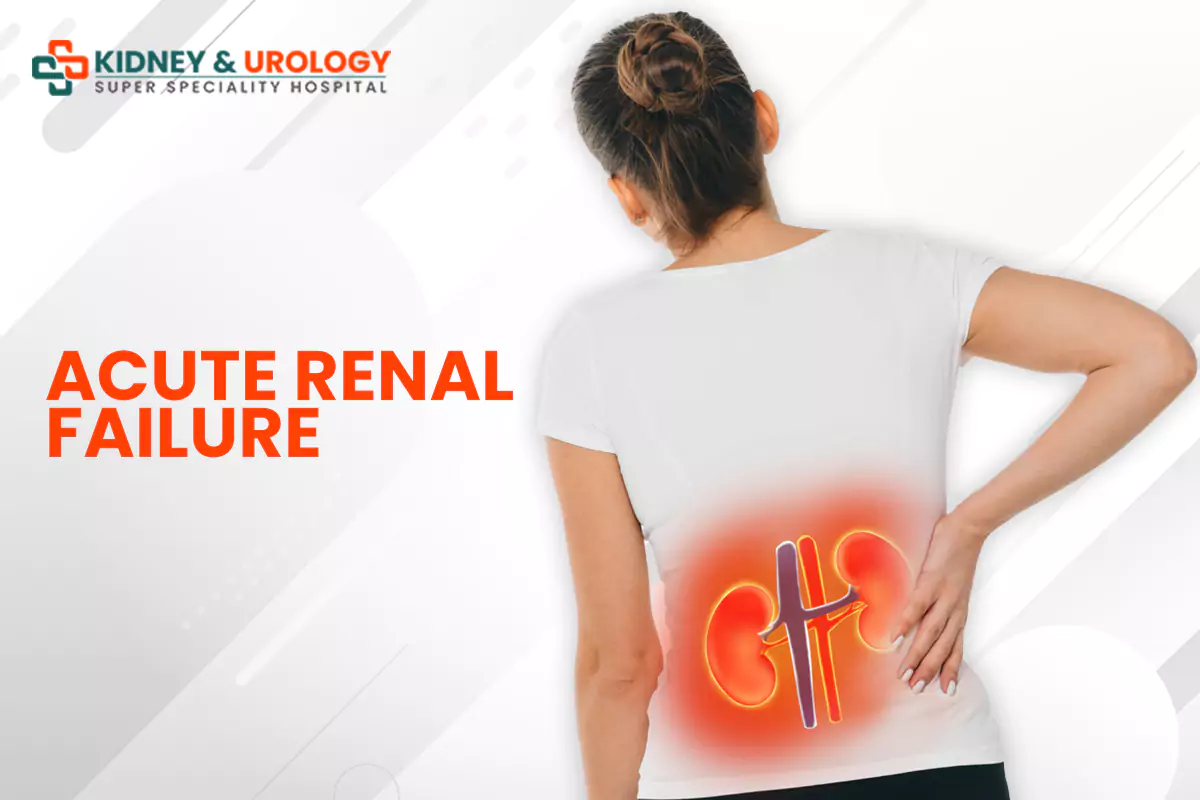
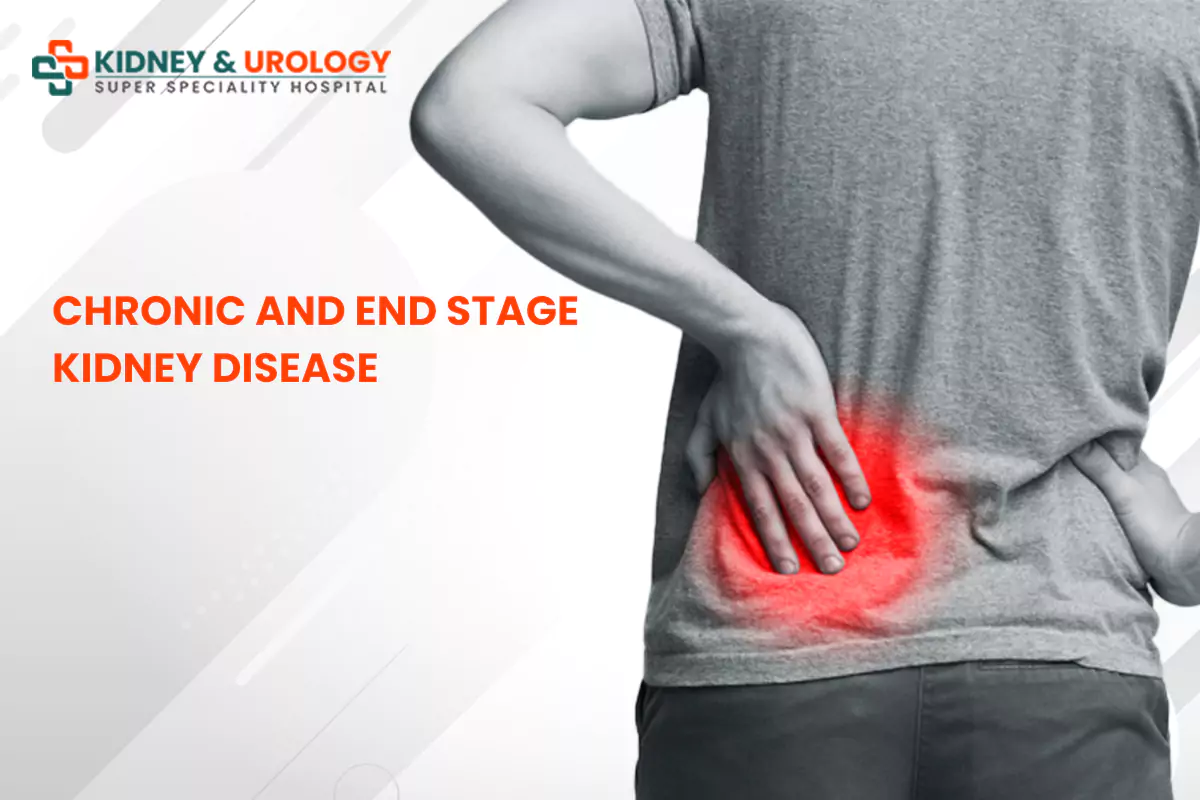

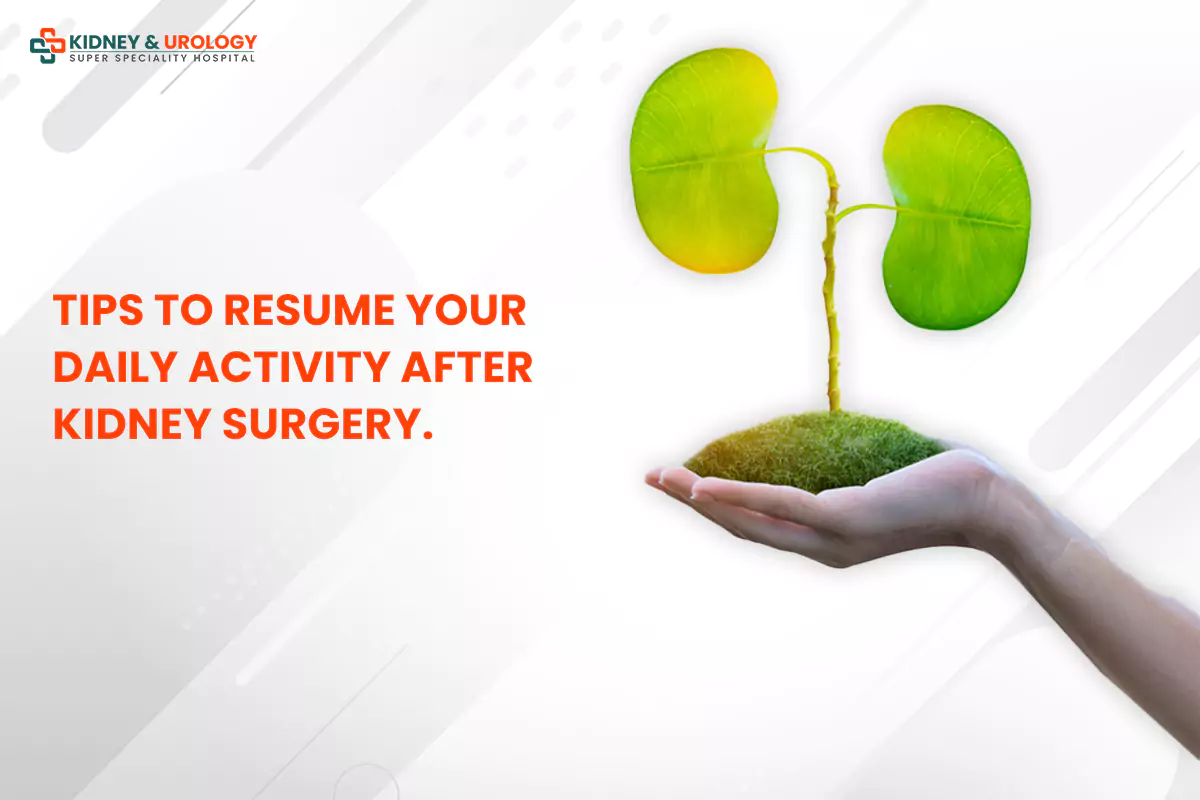




Request A Callback